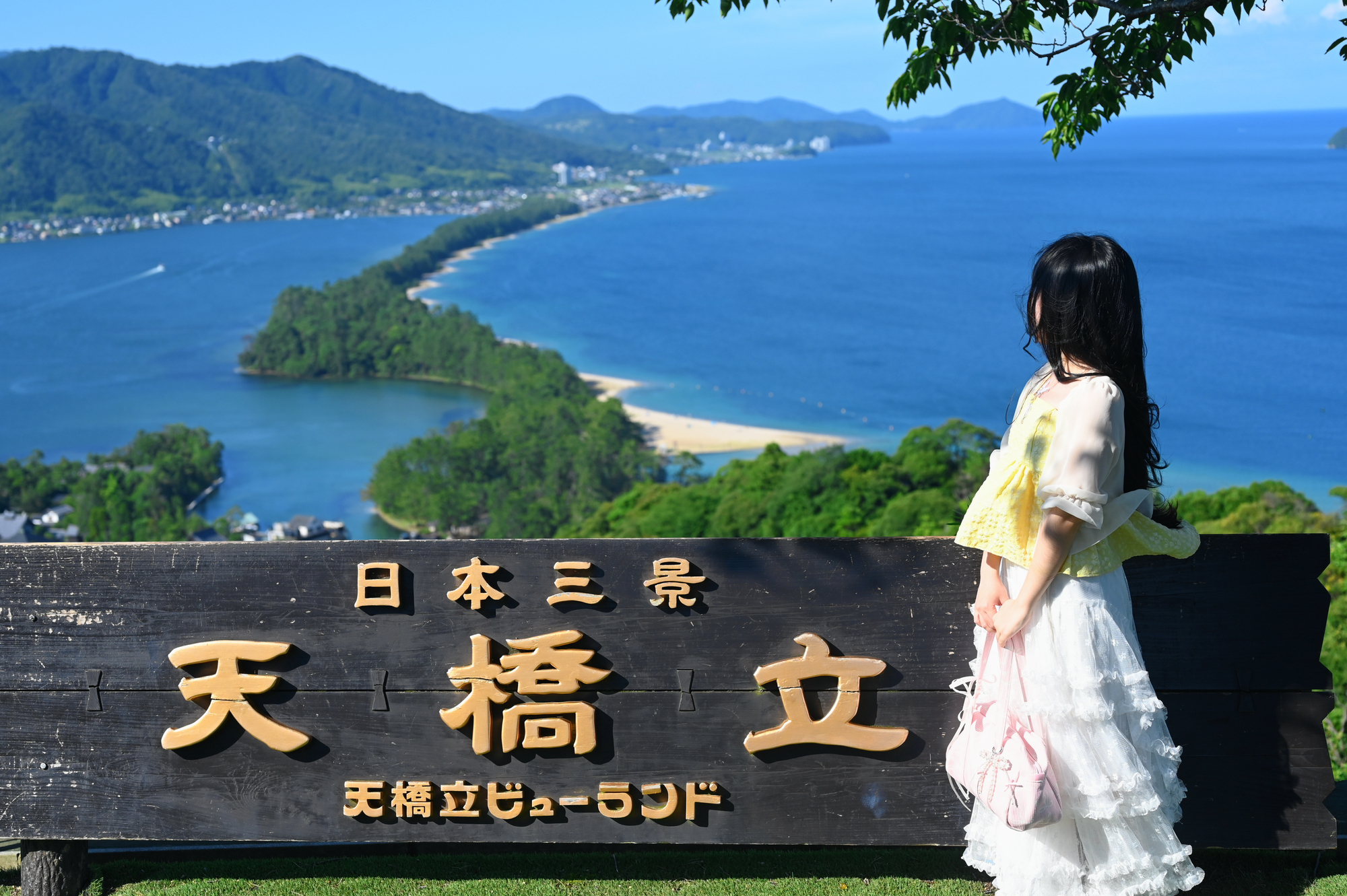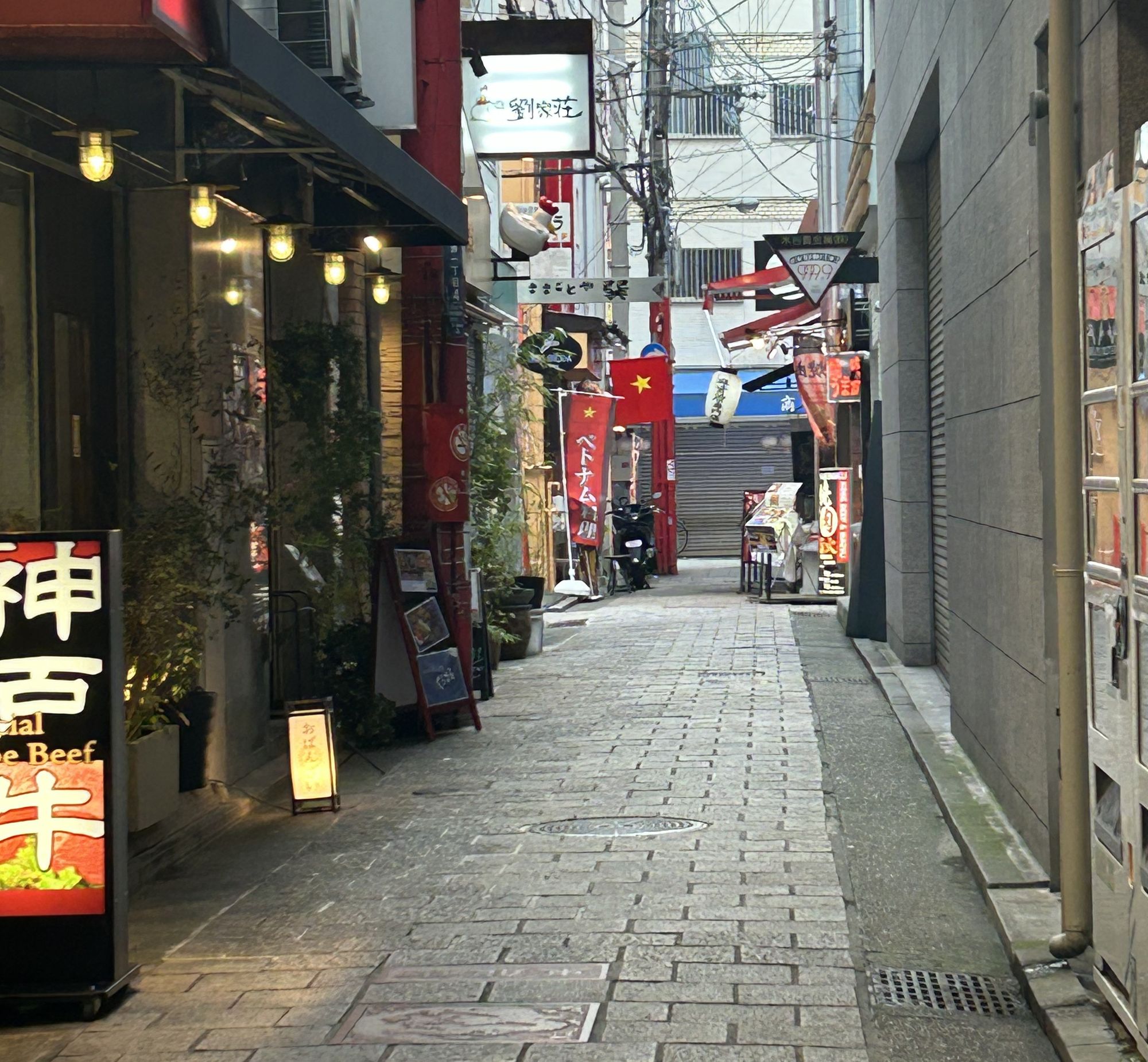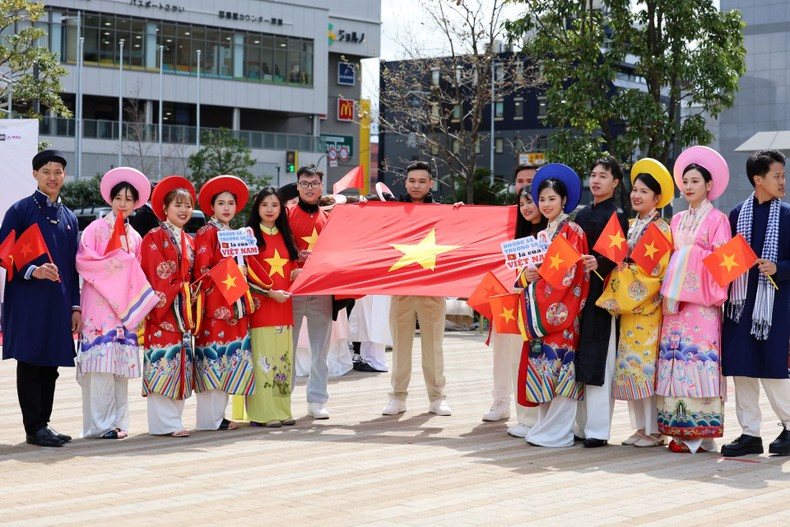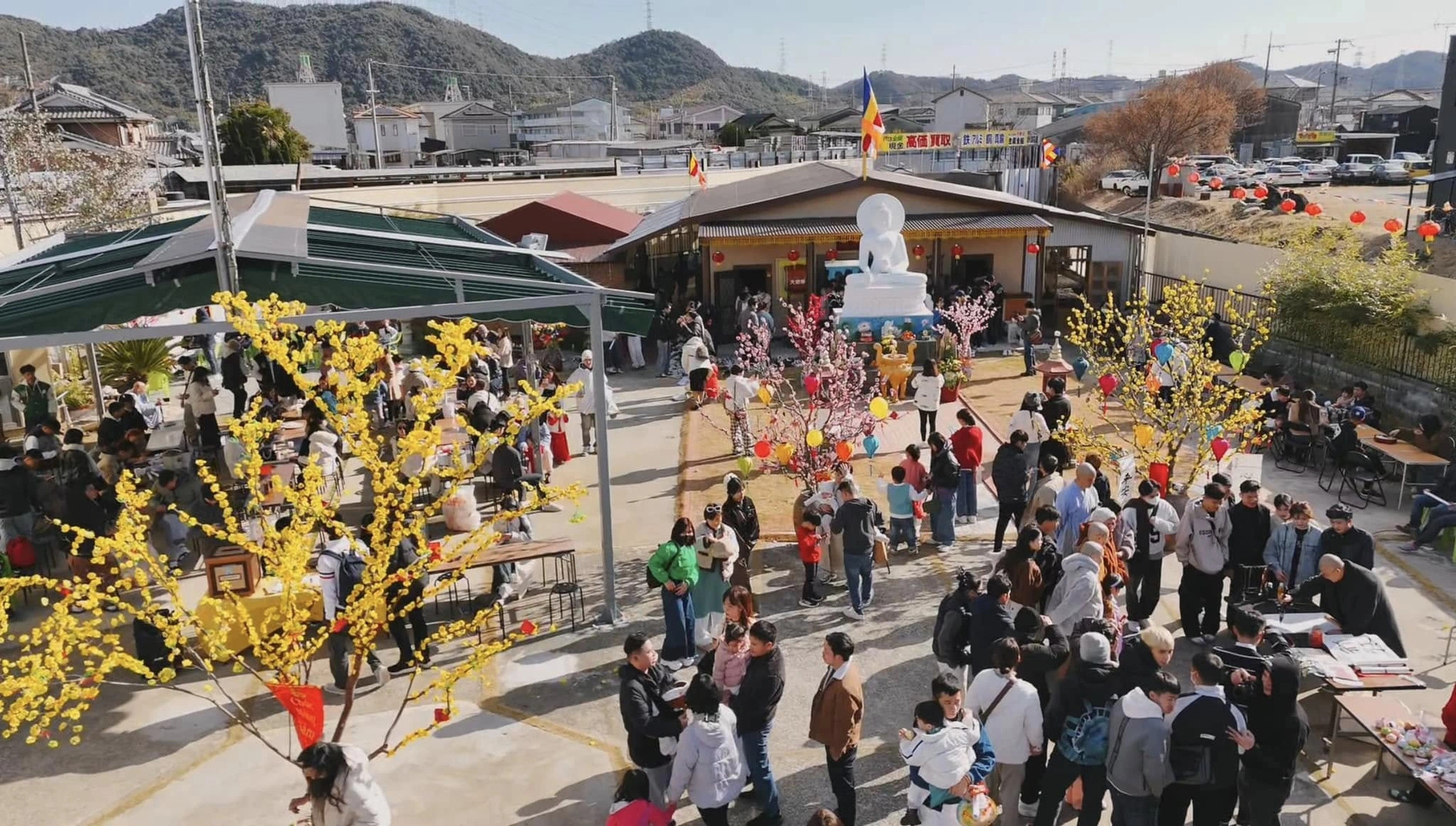Do you believe in the saying “Distance makes the heart grow fonder”?
Today, more than 130 countries and territories across the globe are home to Vietnamese communities. Wherever they go, these communities carry with them unique cultural imprints, together shaping the diverse identity of Vietnamese people worldwide.
Japan is one such place. Vietnam lies about 3,700 to 4,300 kilometers away from Japan, but that distance does little to diminish the cultural connection between the two nations. In Vietnam, one can easily find “Little Japan” towns such as the well-known Thái Văn Lung street in Saigon. And in Japan, Vietnamese communities are steadily growing, learning, working, and living while preserving traditions and nurturing a sense of belonging to their homeland.
So, what makes the Vietnamese presence in Japan distinctive? And how do they manage to preserve their roots while carving out their own identity abroad? This article is written from the experiences of Thùy Trang, a Vietnamese student in Japan.
1. A “Radar” For Fellow Countrymen
One of the most fascinating things I’ve experienced abroad is my ability to recognize fellow Vietnamese almost instantly.
While working part-time as a cashier, even with a mask on and speaking only Japanese, Vietnamese customers would quickly sense that I was one of them. When I shop, strangers often greet me in Vietnamese. Sometimes just a glance is enough for someone to start a conversation in our mother tongue, so naturally and warmly.
When I shared this with Chinese or Myanmar friends, they said such encounters were rare for them. But for us, it seems as if there’s a hidden “frequency” that allows us to recognize each other regardless of hairstyle, clothing, or even a covered face.
What I love most is what happens afterward: conversations in Vietnamese flow effortlessly, filled with laughter and ease, as though I’m reuniting with an old friend. It’s a sharp contrast to the formality I often encounter in Japanese daily conservation.
2. The Spirit Of Mutual Support
What surprised me most in Japan wasn’t cultural differences, it was the way Vietnamese people look out for each other.
Once, my university organized a food assistance program for students. As an exchange student for just one year, I didn’t qualify. Later, while chatting with a senior student, I mentioned it casually. He applied and received support, but then surprised me by sharing half of his food with me. Weeks later, whenever there was a new round of distribution, he would bring me more, no matter how much I insisted he keep it.
Beyond these personal sharings, the Vietnamese community in Japan has created strong networks of support. During the Covid-19 pandemic, organizations like VYSA (Vietnamese Youth and Student Association in Japan) distributed food, offered housing support, and provided medical advice to thousands of Vietnamese students and workers. Vietnamese temples in Tokyo and Osaka also served free meals for those in need.
There are also groups that foster connection, like the Vietnamese Women’s Association in Japan, where women share challenges and experiences. And when earthquakes strike, Vietnamese communities quickly rally to donate supplies, offer temporary shelter, and comfort each other.
These acts of solidarity form what I like to call a “community shield.” Thanks to this, I never feel completely alone here. There’s always the embrace of my fellow countrymen.

3. Finding Vietnamese Flag Everywhere
Walking down streets with many Vietnamese businesses, I often see our national flag flying proudly in front of restaurants, just like on Independence Day back home. At first, I thought it was a holiday, but it turns out this is how many Vietnamese shops mark their presence.
When I first arrived, feeling lost and overwhelmed, seeing the familiar flag instantly lifted my spirits. In a foreign land, a single flag hanging above a small shop can make me feel that home is right there with me.

And I’m constantly amazed by how many Vietnamese restaurants thrive here, some even in prime locations. With determination and courage, my fellow Vietnamese have not only survived but succeeded, carrying our identity while sharing it proudly with others.
4. Packing “Pride” In My Suitcase
Japan is filled with breathtaking scenery, from cherry blossoms in spring to festivals glowing with color. At these events, I often see Vietnamese people wearing áo dài.

For me, bringing an áo dài in my suitcase was never a question. It’s more than clothing; it’s a piece of memory, a symbol of pride I carry from home. When I wear it on special occasions, I feel like I’m not just dressing up. I’m honoring where I come from.
That said, I’ve realized context matters. At purely Japanese events, wearing an áo dài sometimes feels out of step, especially when the focus is on celebrating local traditions. Still, it remains one of the strongest ways I express my identity abroad.
5. Integrating Without Losing Identity
Many Vietnamese families in Japan find balance between our traditions and local customs. Rather than choosing one, they weave both into their lives.
During Lunar New Year, for instance, a home might have both Vietnam’s peach blossoms and Japan’s pine decorations. Families still honor Ông Công, Ông Táo (the Kitchen Gods) in December, while also preparing Hina dolls for Japan’s Doll Festival.

This blending doesn’t erase identity. It enriches it. To me, it shows how Vietnamese people can adapt and integrate while still staying true to who we are.
6. A Taste Of Home
Even though Japan is more than 3,700 kilometers from Vietnam, I sometimes feel like I’m back home when walking through Vietnamese neighborhoods.
In Asian supermarkets, I find dried rice noodles, fish sauce, shrimp paste, even bundles of morning glory. On streets crowded with students and workers, Vietnamese restaurants are everywhere, serving phở, bánh mì, and even street-style dishes that remind me of home.
Food, in this sense, is more than nourishment, it’s a bridge. It eases homesickness and at the same time introduces our cuisine to Japanese locals and other international friends.
Conclusion
Living abroad, I carry Vietnam with me in the smallest things: a greeting in my native tongue, a shared meal, a familiar flag, or the feel of an áo dài.
And perhaps this is what the saying “Distance makes the heart grow fonder” truly means. We leave home to grow, to adapt, and to explore, but we also realize that home has never really left us. Wherever Vietnamese people set foot, Vietnam finds its way there too.
If you are studying or working in Japan and looking for a meaningful space to connect - one that opens doors to opportunities and creates real value for the Vietnamese community, join us at Vietcetera Open, Japan 2025.
To buy tickets, please visit the LINK.
Returning to Tokyo with a brand-new look after its debut in September 2024, Vietcetera Open is more than just a gathering space. It offers meaningful connections, practical opportunities, and tangible value for the Vietnamese community in JapVi, while also contributing to the global visibility of Vietnam’s national brand.
(1) Conference
- Time: 13:00 – 17:00 (JST) | September 27, 2025
- Place: 4F Akasaka Intercity Conference Center, 1-8-1 Akasaka, Minato-ku, Tokyo
(2) Networking Reception
- Time: 18:00 – 21:00 (JST) | September 27, 2025
- Place: Two Dogs Taproom, ARIES Bld. 2F, 3-15-24 Roppongi, Minato-ku, Tokyo
A heartfelt thank-you to our sponsors and partners for accompanying Vietcetera in this event:
- Title Sponsor: FPT Japan
- Program Sponsors: Reazon Holdings & マネーフォワード (Money Forward)
- Engagement Partner: Vilasia
- Travel Partner: Vietjet
- Strategic Partner: Solara & Co
- Communications Partners: VANJ – Vietnamese Academic Network in Japan, VYSA (Vietnamese Youth and Student Association in Japan), Đông Du Student Community, Overseas Vietnamese & FTU Alumni in Japan.
